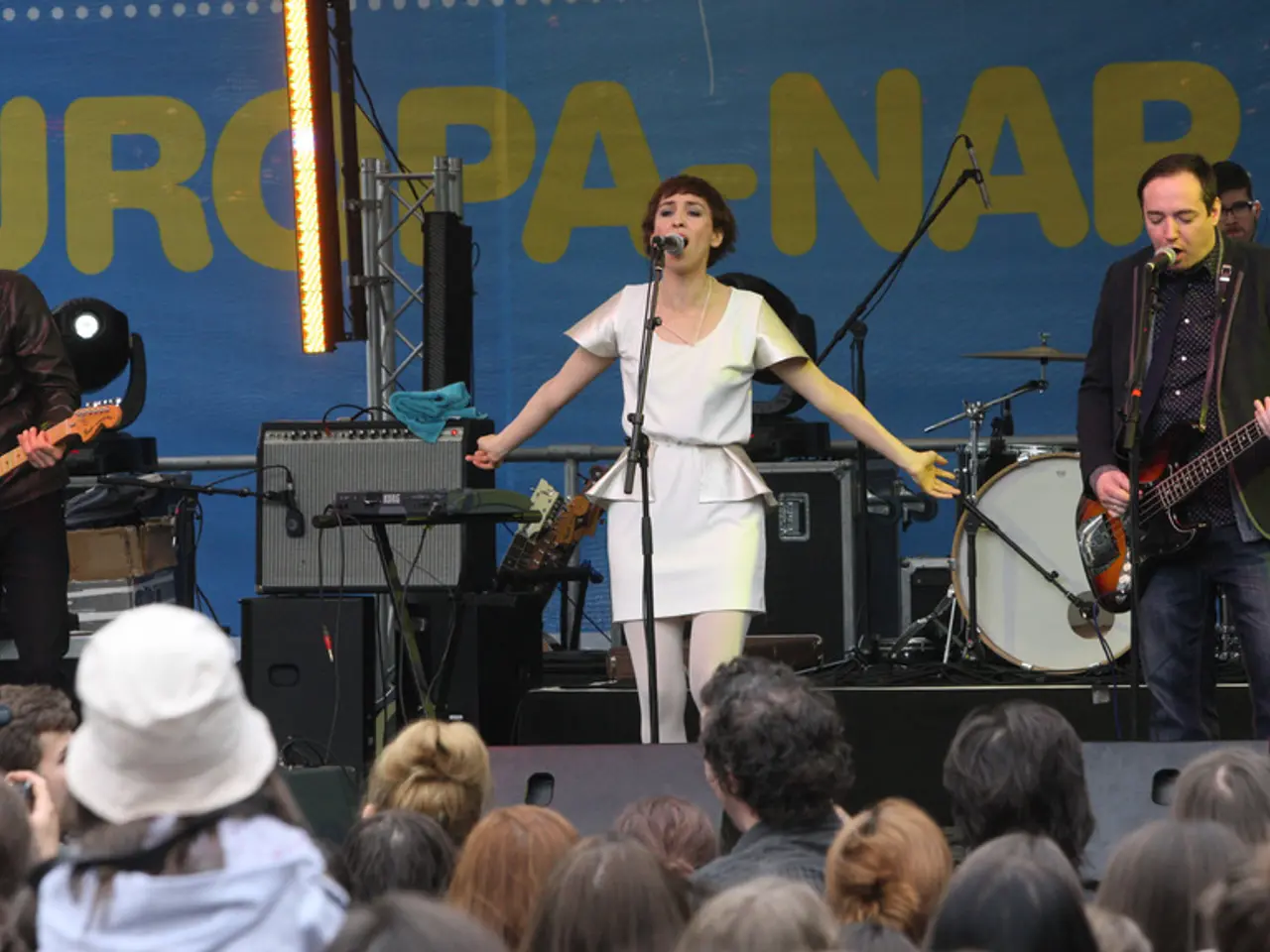Influence of Contemporary Popular Culture on Modern Music Creation Processes
In the digital age, music production has undergone a significant transformation, with cloud-based tools, remote sessions, and online communities making it easier for producers around the world to share ideas and co-create. This global collaboration has led to faster adoption of new styles and more fluid movement of trends between regions and cultures.
Cross-Cultural Influences and Genre Creation
The worldwide rise of K-pop is a prime example of how music can cross cultural boundaries and fuse diverse influences to form new musical identities and communities. Similarly, UK drill emerged from urban communities in London, becoming a voice for youth experiences with its gritty sound and dark, fast-paced rhythms.
Genre Bending and Production Innovation
Advances in digital technology and platforms like TikTok encourage artists to experiment by mixing genres, leading to novel sounds that challenge traditional classifications. Innovations like spatial audio provide new immersive production techniques that reshape listener experiences across genres.
Reflection of Societal Change
Music styles often evolve in response to cultural and social shifts. For instance, rock music historically mirrored societal changes and became a medium for marginalized voices. The digital revolution transformed music distribution and consumption, altering how music is produced, shared, and experienced.
Evolving Themes and Collaboration
Cultural moods influence lyrical content, with recent trends showing an increase in introspective and emotionally authentic themes. Collaborative songwriting and production have grown as artists adapt to interconnected creative processes shaped by cultural preferences and industry dynamics.
The Role of AI and Technology
Artificial intelligence is beginning to play a role in composition, mixing, and sound design, offering new ways to experiment and generate ideas quickly. Online learning platforms are also spotlighting underrepresented voices in music production, including more content led by women, non-Western artists, and creators from marginalized communities.
The Impact of Cultural Events and Movements
Cultural events and movements often influence the messages artists want to share. Producers focus on highlighting emotion, identity, resistance, or personal reflection depending on the cultural landscape. The rise of creator-driven content and the decline of traditional gatekeepers have led to more DIY production, with producers now embracing home studios, self-released music, and independent distribution.
The Shape of Music in the Future
With access to sounds and styles from across the globe, producers are leading the charge in genre-blending. Genres like hyperpop and lo-fi hip-hop show how internet culture can lead to the creation of entirely new sounds. Platforms like TikTok, Instagram, and YouTube have created fast-moving cultural trends that can change how music is produced and shared.
Streaming platforms and social apps have changed the way people listen to music, with many tracks becoming shorter and hooks appearing earlier. Our BA (Hons) Music Production & Sound Engineering course is designed to fuel creativity and empower students with the skills to evolve as innovative artists, dissecting a wide range of music and artists known for their cultural versatility.
In conclusion, cultural trends act as powerful agents of musical evolution, fostering innovation in style and technique while embedding music within the changing fabric of society. Technology in music production actively shapes how music sounds, how it is shared, and how producers respond to cultural moments.
- The continues growth and advancements in digital technology and platforms like TikTok encourage genre bending and production innovation in music, allowing artists to experiment with new soundscapes that defy traditional classifications.
- As diverse cross-cultural influences permeate the music industry, producers employ collaborative songwriting, artificially intelligent composition, and online learning resources to foster an evolving global music community that reflects the ever-changing cultural and societal landscape.




